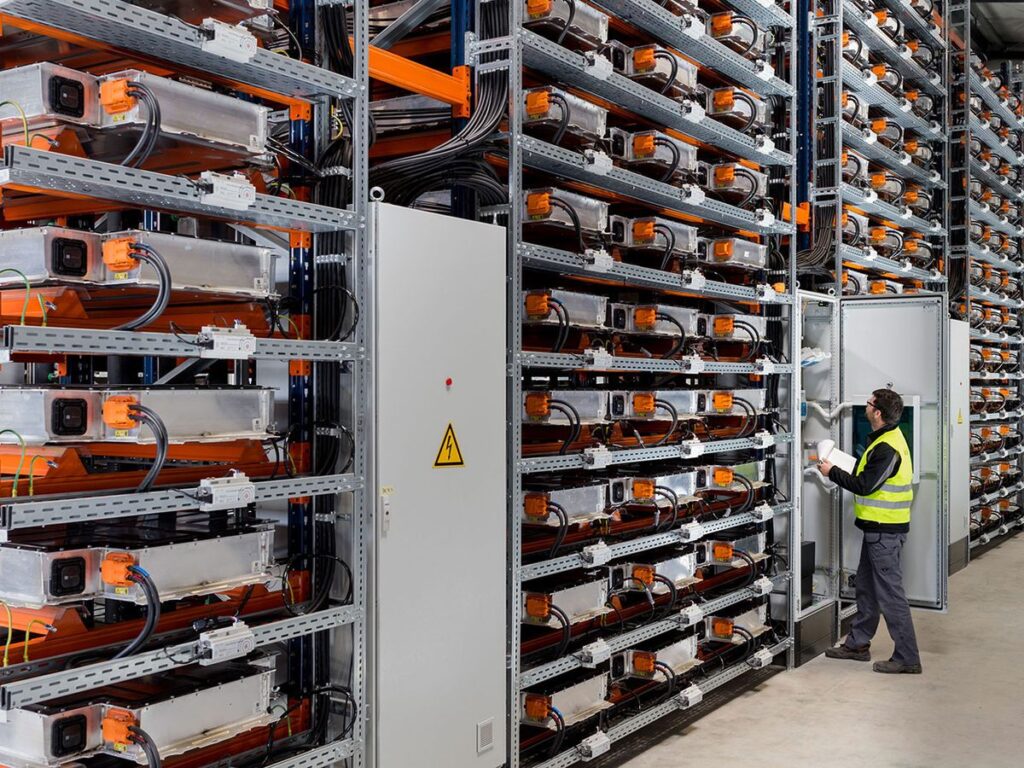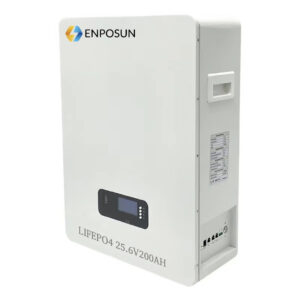There are several factors to consider when evaluating which battery is better than lithium batteries, such as safety, energy density, longevity, cost, environmental impact, etc. Here are some battery technologies that may be superior to lithium batteries in specific respects:
Sodium-ion batteries:
Merit:
It supports fast charging, which can be charged to 80% in 10 minutes.
It has a long service life and supports 2000~3000 times of charge-discharge cycles.
It has good low temperature resistance and can be used normally even in an environment of -20°C.
High safety performance, slightly higher internal resistance, even in the case of short circuit, instantaneous heat generation.
The price of raw materials is abundant, the manufacturing cost is low, and the price is cheaper.
Shortcoming:
Indicators such as energy density and power density are worse than those of lithium-ion batteries.
Apply:
Sodium-ion batteries are expected to replace lithium-ion batteries in areas such as energy storage and low-speed electric vehicles.
Solid-state batteries:
Merit:
Better safety performance and the use of solid electrolytes reduces the risk of fire and explosion.
The energy density is high, usually more than twice that of ternary lithium batteries.
Shortcoming:
It is still in the R&D stage and has not yet been commercialized on a large scale.
Apply:
Solid-state batteries are considered important candidates for the next generation of EV batteries.

Graphene battery:
Merit:
Light weight, high strength, excellent superconductivity, thermal conductivity and other properties.
Shortcoming:
The manufacturing cost is high, and graphene is expensive, making it unsuitable for large-scale commercial use.
Apply:
At present, graphene battery technology is mainly used in specific high-performance applications, such as aerospace.
Lithium-sulfur batteries, hydrogen fuel cells, aqueous magnesium batteries, etc.:
These battery technologies also have their own characteristics, such as the high energy density of lithium-sulfur batteries, the clean and environmentally friendly hydrogen fuel cells, etc., but they still face many challenges in practical applications, such as life, cost, safety and other issues.
To sum up, no single battery technology can completely surpass lithium batteries in all aspects. Different battery technologies have their own advantages and disadvantages, and are suitable for different application scenarios. When selecting a battery, it needs to be evaluated and selected based on specific needs and conditions.

